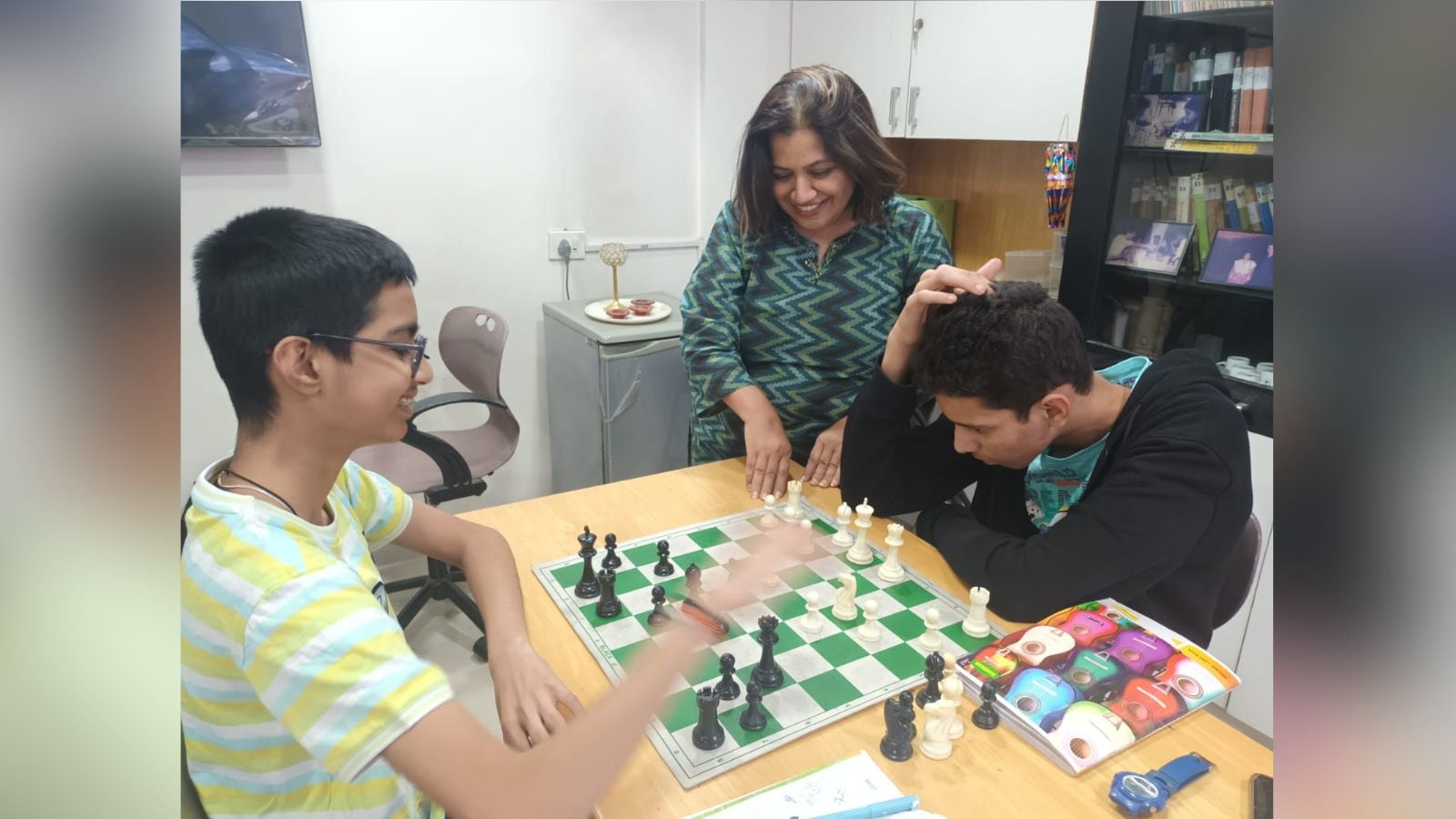 |
|
The recent victory of Gukesh D., the youngest world chess champion, has ignited a surge in interest among children in Pune, India. This upswing is particularly evident in the thriving chess academies across the city, which are experiencing a significant increase in enrollment. The impact of Gukesh's achievement is undeniable, acting as a powerful catalyst for young aspiring chess players. His remarkable success serves as an inspiration, demonstrating that exceptional achievement in chess is attainable even at a young age. This inspirational effect is further amplified by the increased media attention and public recognition afforded to the sport following Gukesh's triumph.
The Kunte's Chess Academy in Kothrud, Pune, stands as a prime example of this phenomenon. Having witnessed a steady growth since its establishment in 2007, the academy has seen a dramatic increase in its student population, expanding from eight students to over 200 across three centers. This exponential growth underscores the widespread appeal of chess among children, fueled by Gukesh's impressive win. The academy's instructors attribute this surge in interest, in part, to the increased accessibility of chess through online platforms and the exposure children receive through playing with their parents and peers. Unlike the past, when instruction often began with the basics of identifying chess pieces, children now arrive possessing a fundamental understanding of the game, having already engaged with it in various settings.
However, the increased participation also highlights the challenges inherent in fostering a sustainable interest in chess amongst children. While the initial investment in chess is relatively low, significant costs arise when children need to travel to tournaments outside of Pune. This financial burden can be particularly challenging for families from lower socio-economic backgrounds, thereby potentially hindering their participation. The need for increased sponsorships and support to ensure broader accessibility across all socio-economic levels becomes apparent. Moreover, the unique nature of chess, which allows for extended gameplay, needs to be carefully considered. While this aspect is attractive, it also demands a commitment of time and effort from both children and parents.
A significant factor influencing the trajectory of young chess players is the attitude of parents towards their children's involvement in the sport. While a growing number of parents are becoming more open to the idea of their children dedicating time to chess, there's still a prevalent expectation amongst many that children should excel in both academics and extracurricular activities. This often results in children facing immense pressure to juggle schoolwork and chess training, ultimately leading to stress and burnout. The Kunte's Chess Academy reports that around half of their new admissions are driven by parental initiative. However, only a quarter of these children develop a sustained passion for the game, with the rest dropping out within a few months. This attrition rate highlights the need for a more holistic approach, one that prioritizes the child's well-being and promotes a balanced development.
The coaches at the academy emphasize the importance of fostering a healthy attitude towards both success and failure in chess. Regularly, they counsel parents that chess, like any competitive sport, will always have winners and losers. A crucial aspect of chess development, they argue, is the ability to maintain interest and perseverance even in the face of setbacks. The ability to learn from defeats and continue striving for improvement is paramount. This mindset, the coaches believe, is crucial for long-term success and is reflective of the approach taken by Gukesh himself. By understanding and accepting both the triumphs and tribulations inherent in the game, children can cultivate a more resilient and sustainable passion for chess, ultimately allowing them to flourish within the competitive landscape of the sport.
Source: In world champion Gukesh’s footsteps: How children are taking to chess
